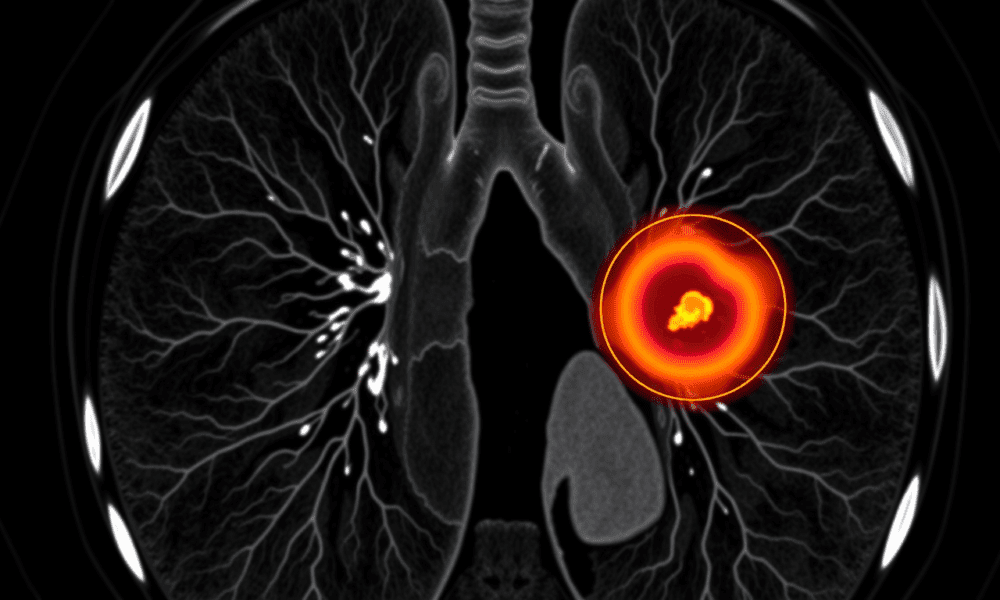
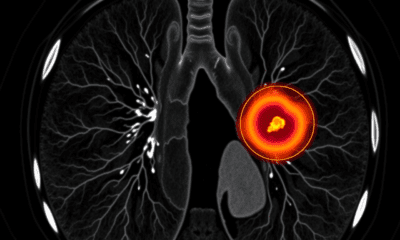

An AI system called iSeg is reshaping radiation oncology by automatically outlining lung tumors in 3D as they shift with each breath. Trained on scans from...
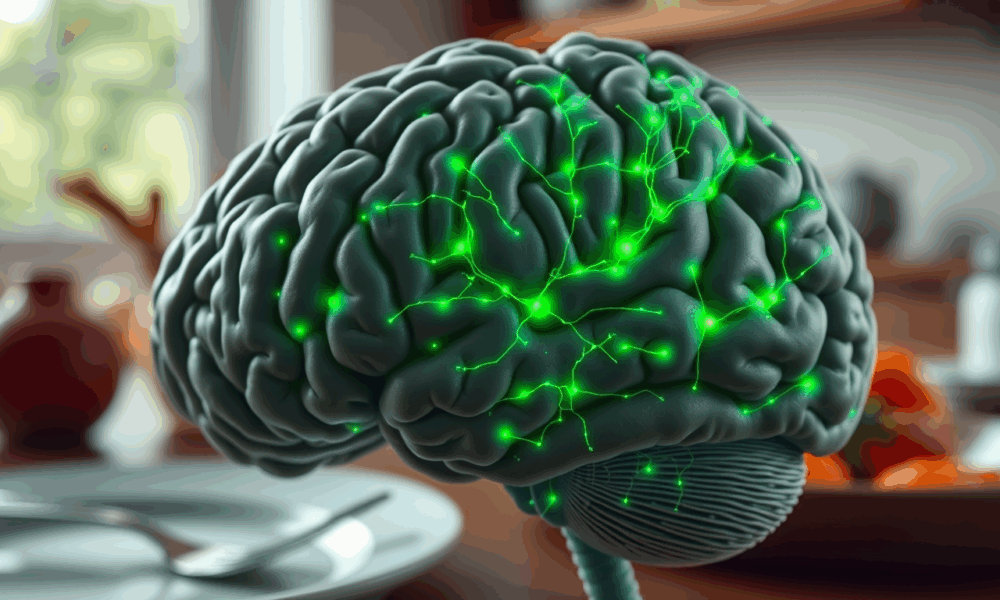
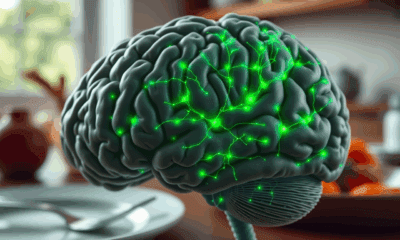

A team of scientists has identified specialized neurons in the brain that store "meal memories" detailed recollections of when and what we eat. These engrams, found...
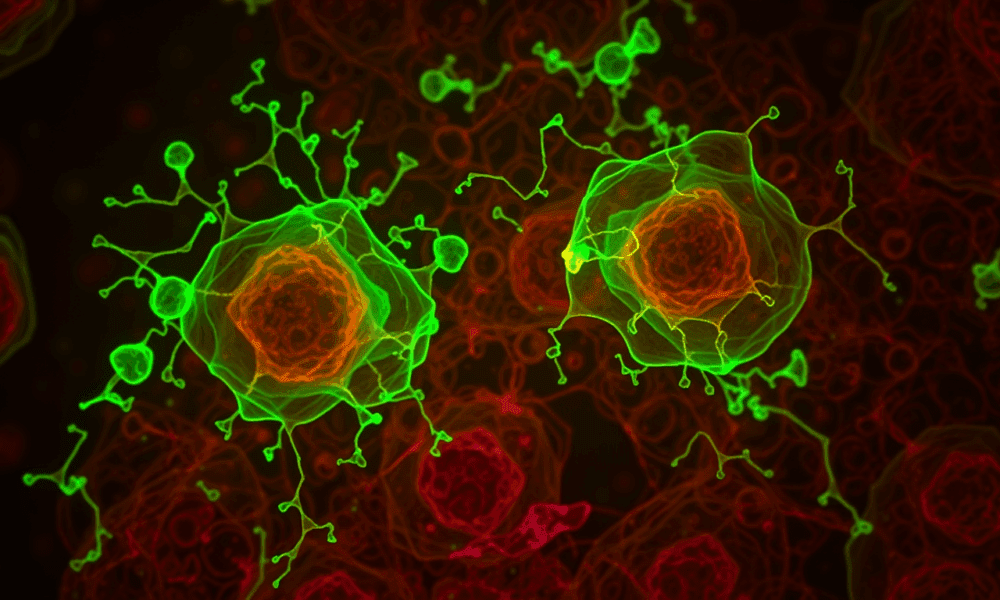
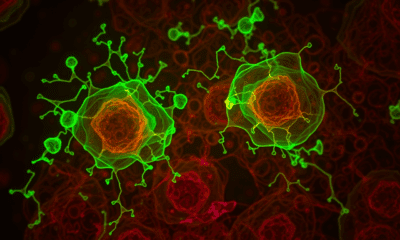

Scientists in Japan have discovered that a natural compound found in a type of ginger called kencur can throw cancer cells into disarray by disrupting how...
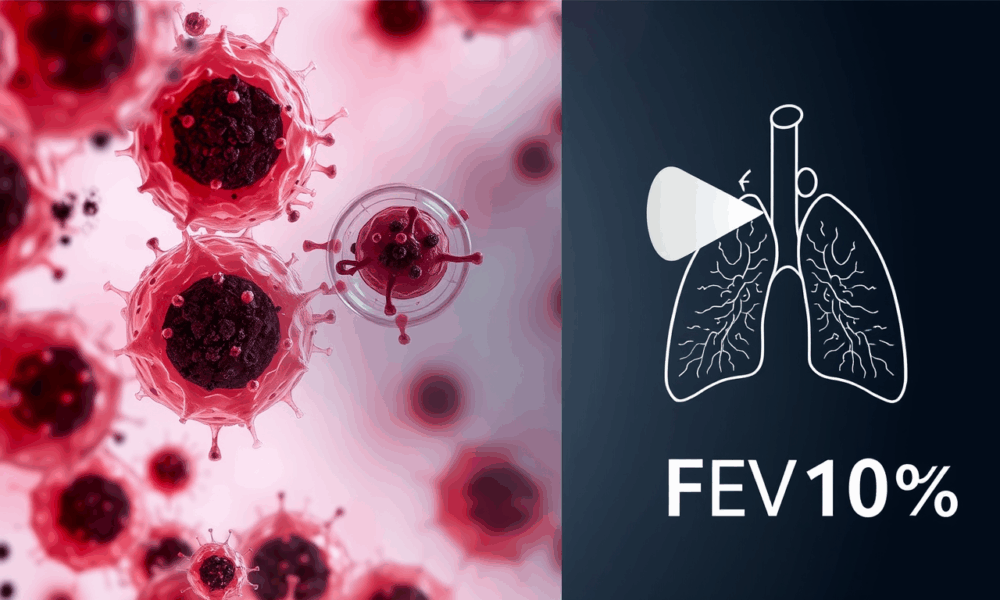
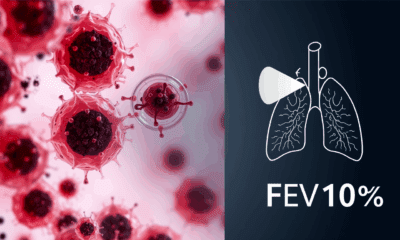

Scientists have discovered that people with COPD have lung cells that contain over three times as much soot-like carbon as those of smokers without the disease....
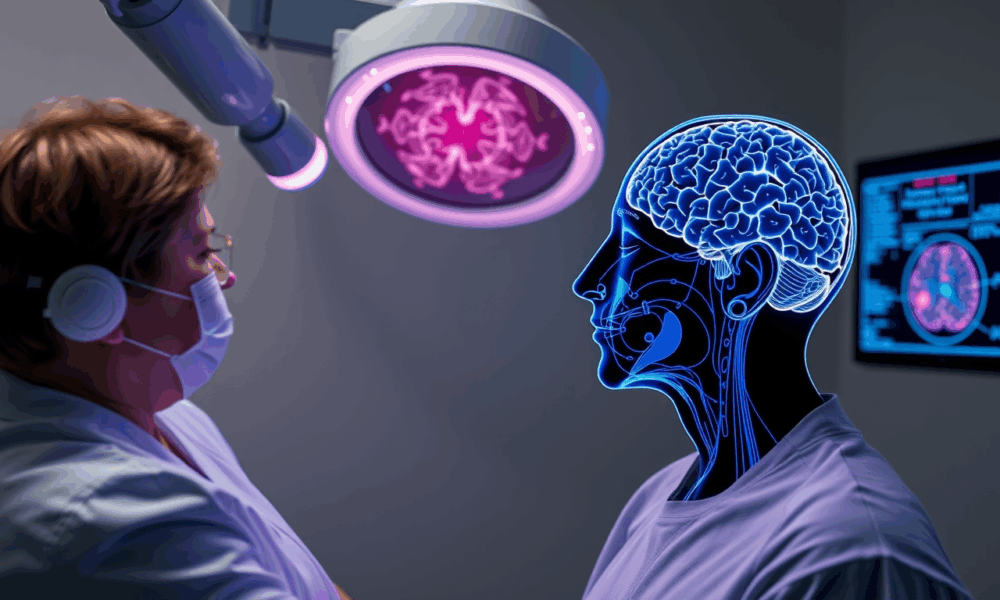
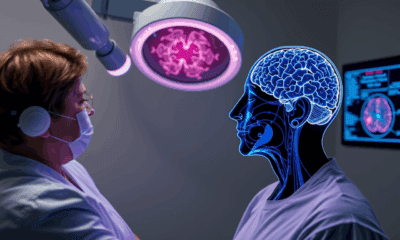

A breakthrough study from Keck Medicine of USC may have found a powerful new triple therapy for glioblastoma, one of the deadliest brain cancers. By combining...
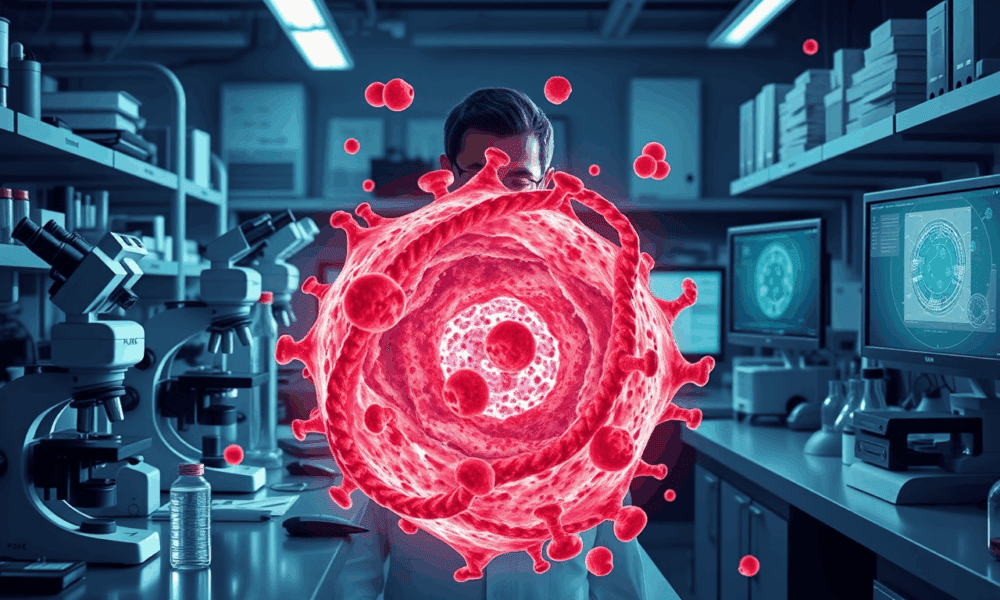
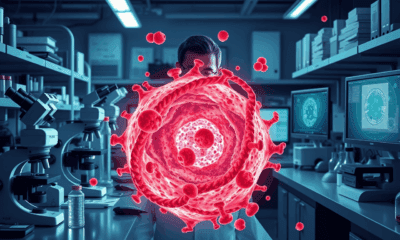

A powerful new discovery reveals that Nup98 a protein once thought to only ferry molecules through the nucleus plays a vital role in safeguarding the most...
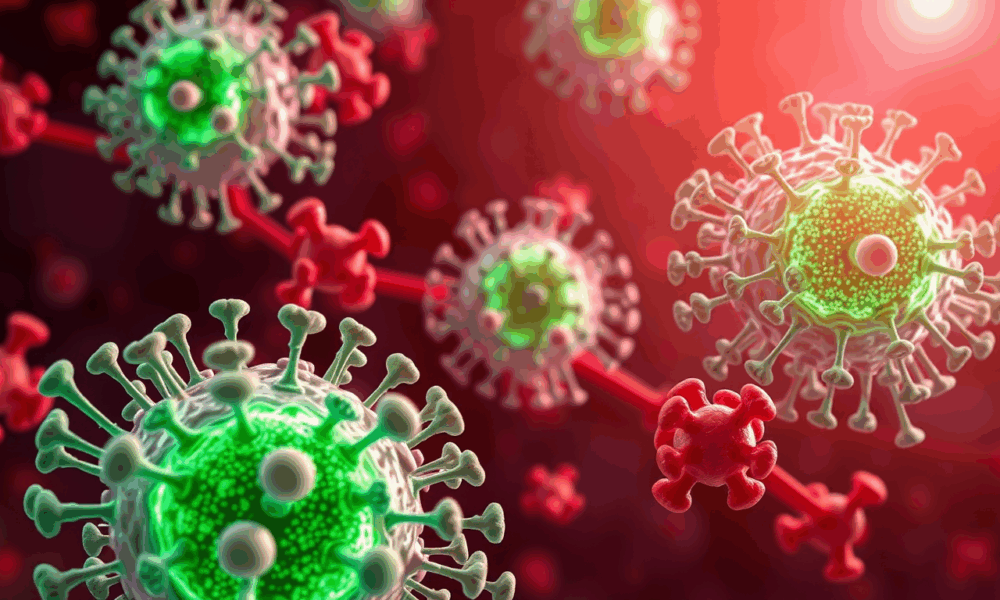
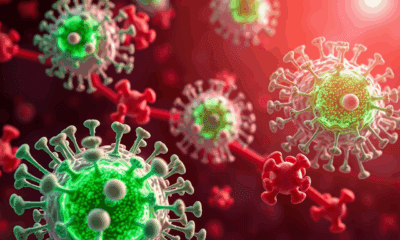

Scientists have discovered how pancreatic cancer cells thrive in the lungs or liver, environments that are as distinct to cells as the ocean and desert are...
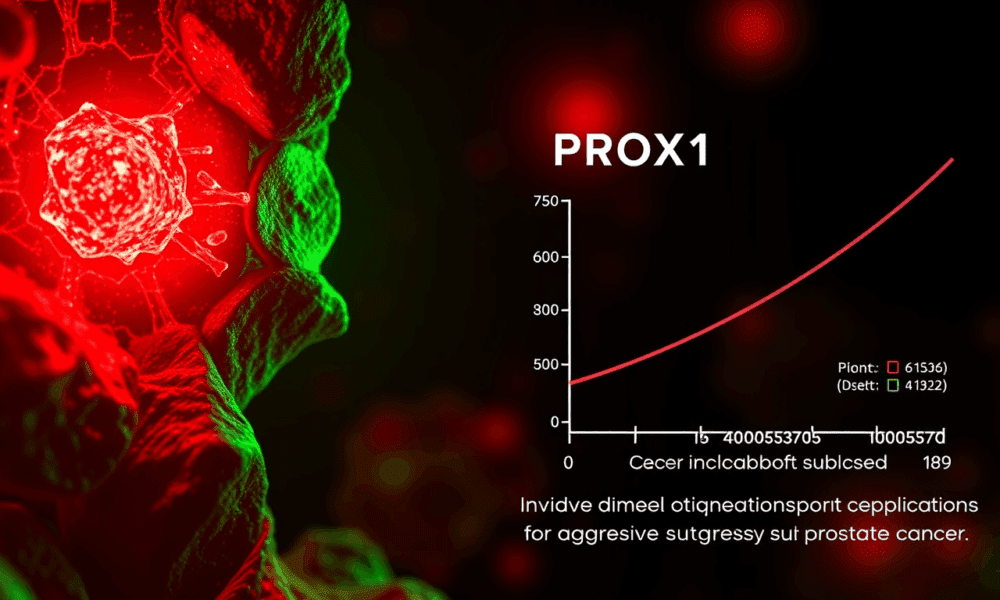
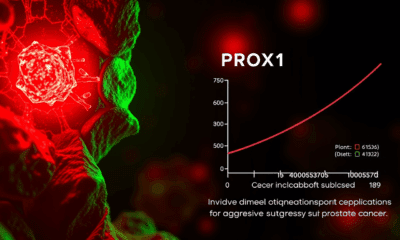

Researchers have identified a gene that plays a key role in prostate cancer cells that have transitioned to a more aggressive, treatment-resistant form. The gene can...
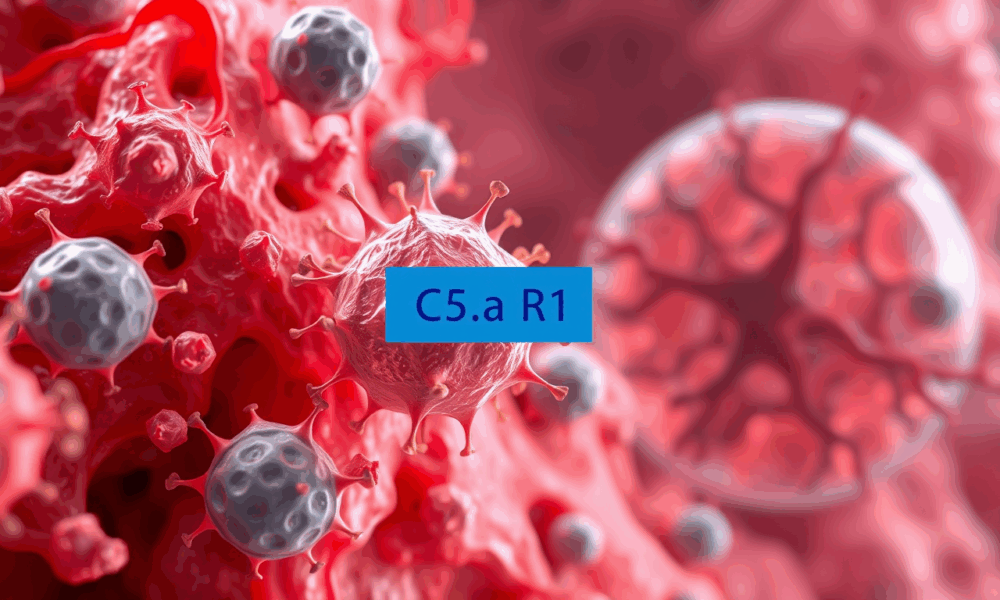
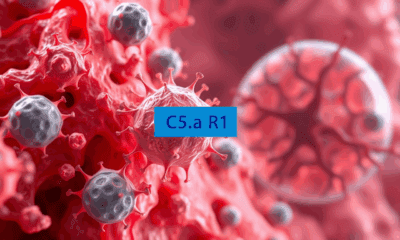

Researchers have identified C5aR1 as a novel biomarker for metastasis risk and poor prognosis in patients with cutaneous squamous cell carcinoma (cSCC), the most common type...

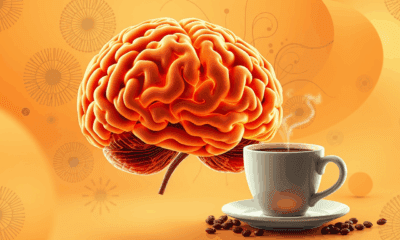

Coffee can help you stay awake. But what does caffeine actually do to your brain once you're asleep? Using AI, a team of researchers has an...